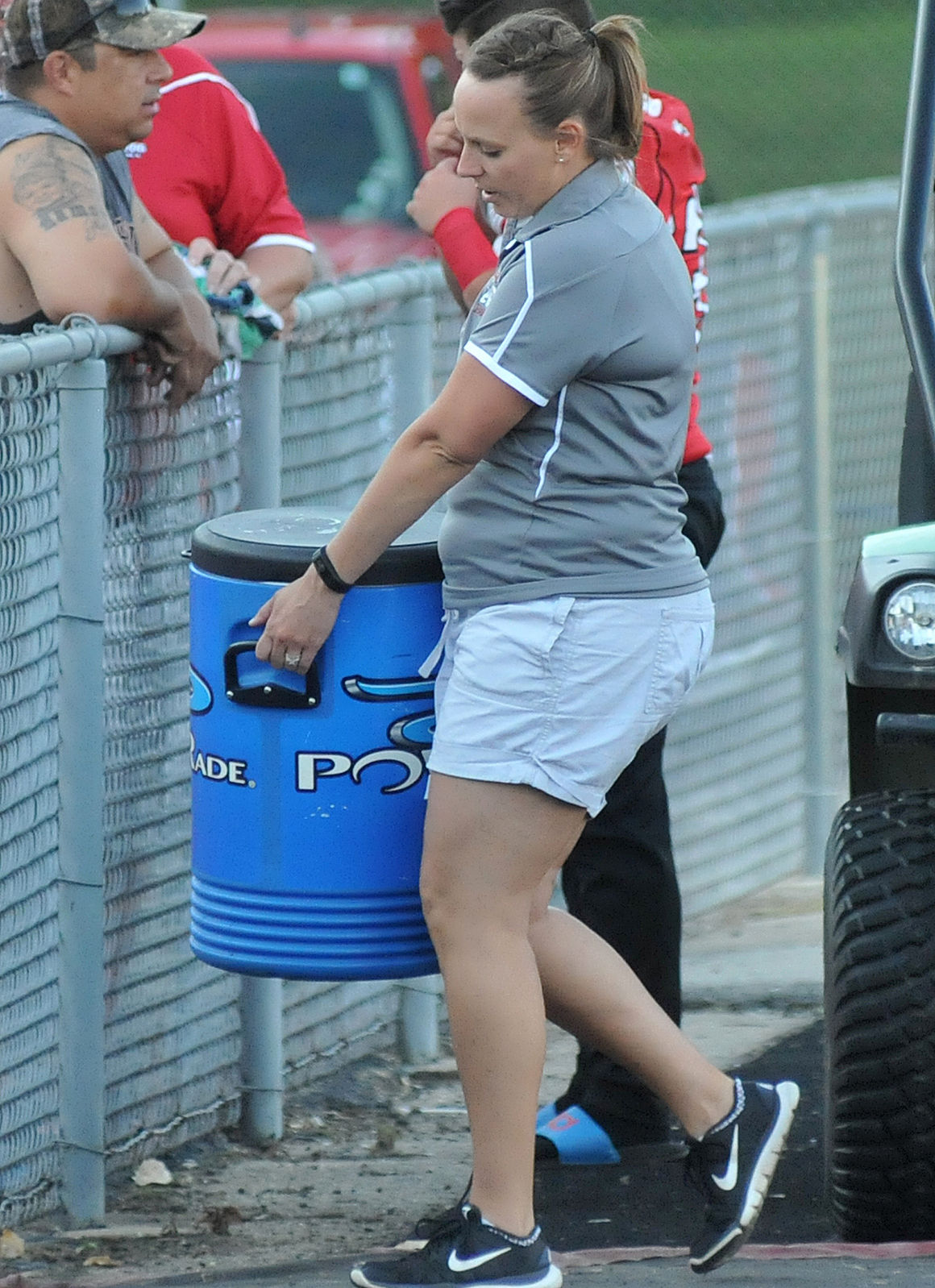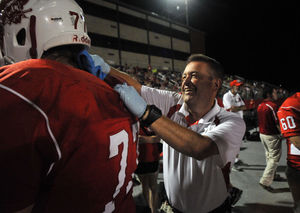
Article reposted from The Times
Author: David Giuliani
Streator High School’s athletic trainer said Wednesday she would resign her position because the school chose OSF HealthCare to provide athletic training services.
In an interview, Brittany Delaney, who has served as the school’s trainer for a dozen years, said the district’s school board was unfair by picking OSF to provide services.
Earlier this year, Delaney applied for a grant from the NFL Foundation for athletic training services for the school. The district received $35,000, 60 percent of which was to go for a trainer’s stipend for the next three years.
Delaney said she hoped Results in Streator would have won the bidding process. This is where she works full time. Her job as the school’s trainer is part time, with a $3,500 salary.
She and district officials agreed she works far more hours than what she is paid for. She said she works at home games for all sports and both home and away games for the football team.
She said she wanted the NFL grant to help the district pay her for all the work she does. The union contract limits her pay to $3,500.
“I thought this grant was my wish come true,” said Delaney, a Streator High graduate. “I thought it would allow me to be there full time.”
The grant involves football, but Seaton said the foundation has indicated it may be able to expand beyond that sport.
At Tuesday’s school board meeting, member Willy Williamson noted Delaney works many hours.
“Brittany has burned the candle at both ends,” Williamson said. “Don’t burn yourself at both ends.”
“It’s too late for that,” a tearful Delaney replied.
In Wednesday’s interview, she said she hadn’t expected OSF to be picked.
“It was absolutely not a fair process,” she said. “I hoped the school would stay with Results. I bring my athletes to Results. The school wouldn’t have known about this grant without me.”
At the meeting, officials mentioned that OSF was picked, in part, because of its ready access to doctors. Delaney acknowledged that point.
“I understand that OSF has means to doctors that I don’t, but I have personal relationships with physicians. I get my athletes seen by doctors right away,” she said.
After three years, the district may get no other grants from the NFL Foundation. At that point, Delaney said she would consider returning to the school.
“Twelve years is a long time. I’m very upset that this is the end,” she said.
Superintendent Matt Seaton said the district closely followed the law in bidding out the contract. He said the school has a fully equipped athletic training room.
“If she has chosen to use Results, that was her choice,” he said.
Seaton, who hadn’t received Delaney’s resignation when he was contacted Wednesday morning, said the district would refill the position.
He said he was disappointed to hear Delaney was leaving.
“She has done a fantastic job and we hate to lose her,” he said.
